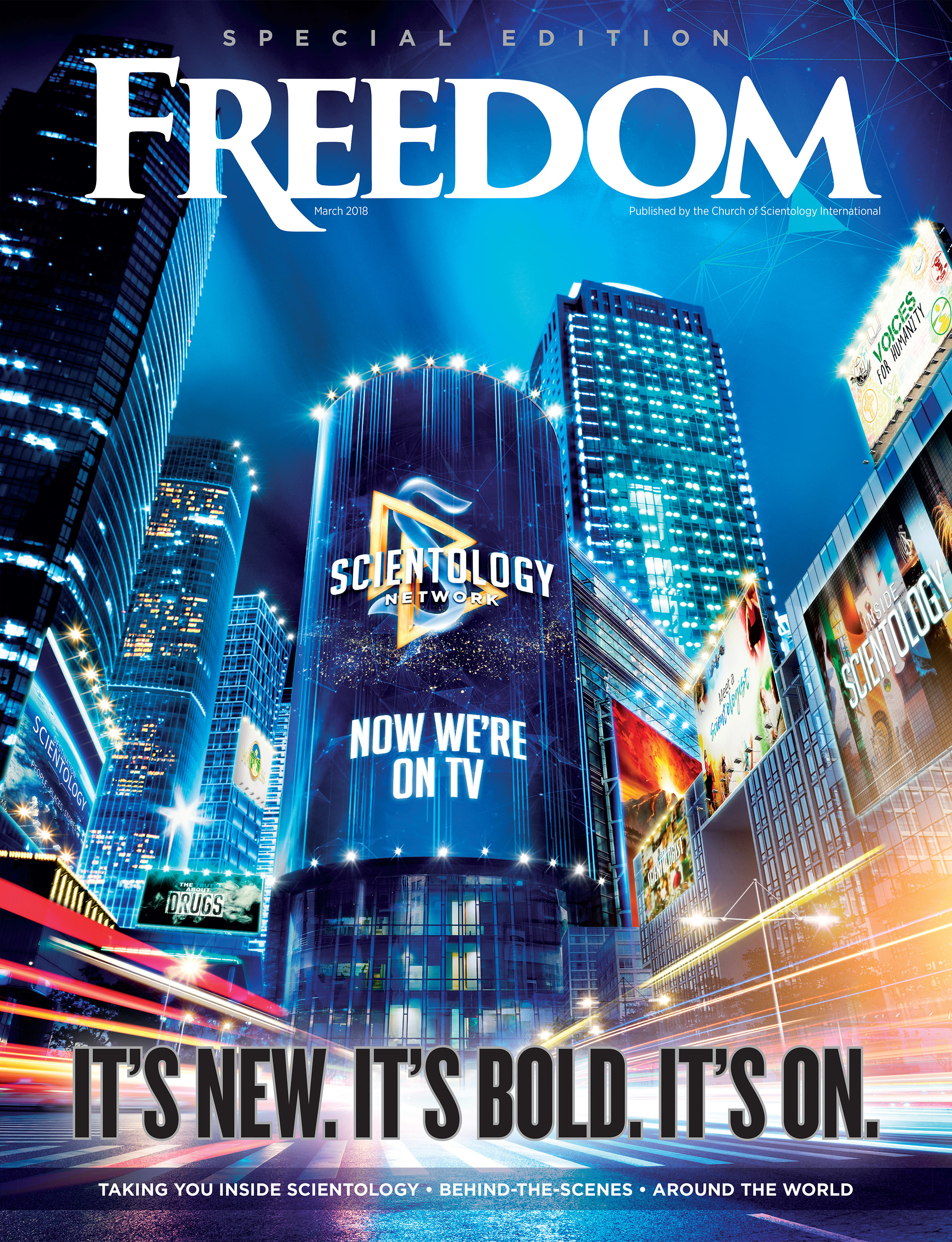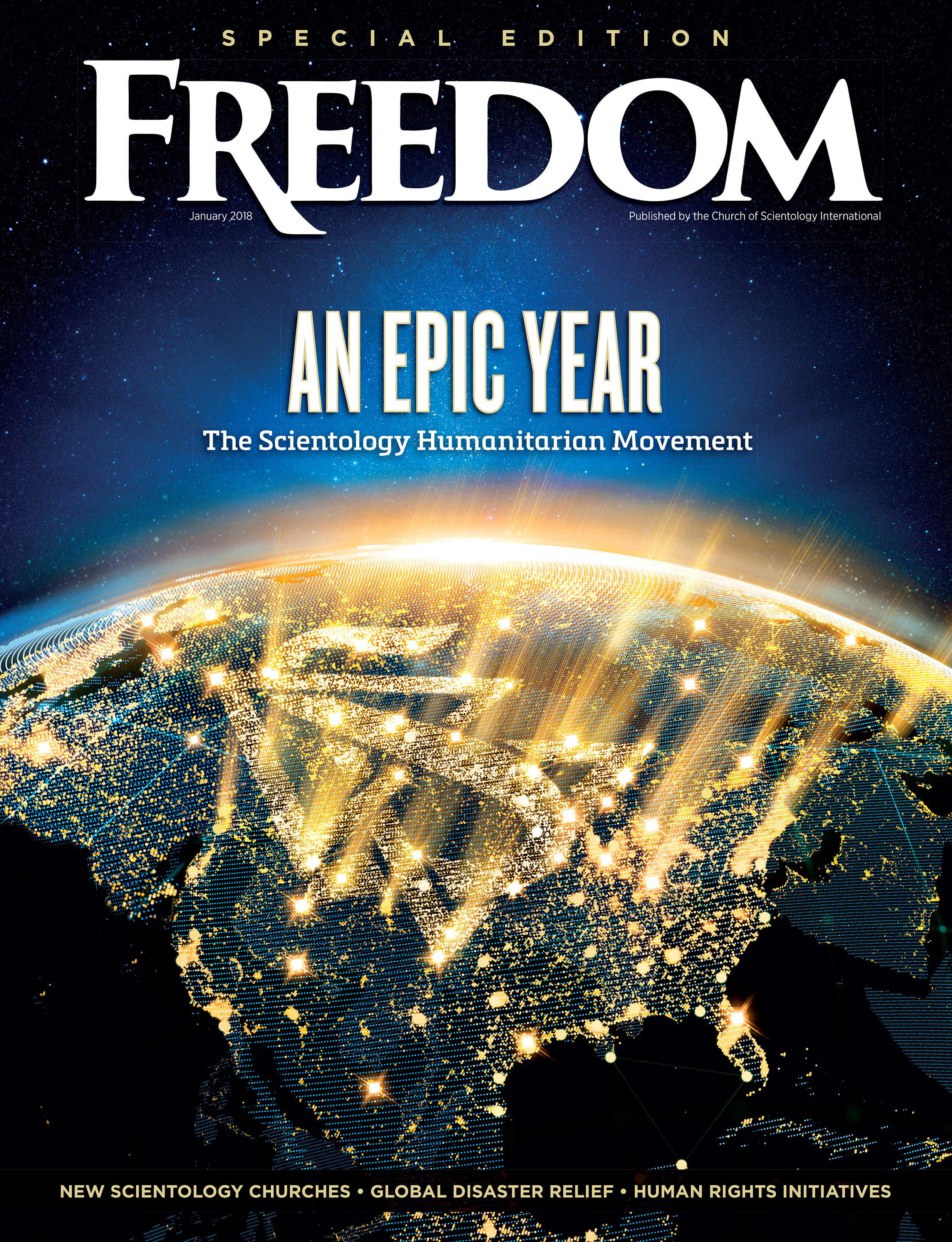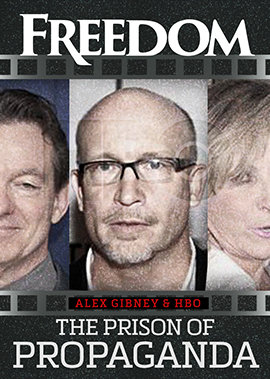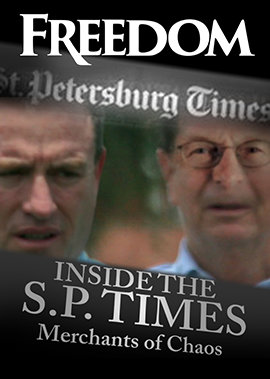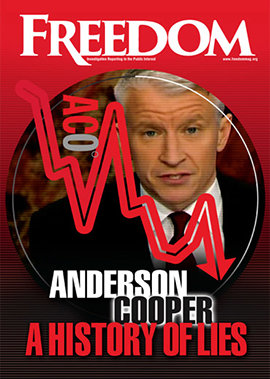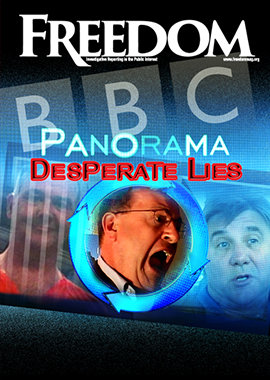They consist of “a conflict between the private interests and the official or professional responsibilities of a person in a position of trust,” Merriam-Webster tells us. Such private interests include an employee’s personal interests and the personal interests of the employee’s spouse, according to Law Insider.
Among conflict-of-interest policies, those for journalists are some of the most important. Journalists describe the world and are central to the way public opinion is formulated. With the profession often described as the fourth branch of government in the US, the Society of Professional Journalists warns its members to “avoid conflicts of interest, real or perceived. Disclose unavoidable conflicts.”
All of which is why Martha Ross’ undisclosed and yearslong conflict of interest is so alarming when it comes to her reporting on the Church of Scientology.
Ross’ particular form of bigotry is shared by a handful of other notorious anti-Scientologists.
Mercury News features writer Martha Ross and her husband, John Sterns, have spent years writing about Mr. Sterns’ interactions with and support for the psychiatric industry, as well as the forms of treatment he’s chosen to undergo. Mr. Sterns reported in his blog “A Life With Mental Illness,” for example, that: “I take a large dose of a second-generation anti-psychotic medication that I’ve been on for 18 years. It’s my go-to medication when I struggle with voices and delusions. Lately I’ve found that my current dosage isn’t enough to get me through even a ‘regular’ day. So I’m increasing the dosage by 33 percent, which is helping me. The trade-off is that it contributes to my negative symptoms of schizoaffective disorder, which isn’t helping me. So is more better?”

Ms. Ross is familiar with the Church of Scientology’s vocal opposition to dangerous psychiatric drugging and psychiatric abuse—to the point of establishing the Citizens Commission on Human Rights (CCHR) in 1969, a nonprofit charitable mental health watchdog dedicated to eradicating human rights abuse in the field of mental health and ensuring patient protections. CCHR has spent more than half a century publishing educational material and producing PSAs and documentaries to raise awareness about the dangers of the psychotropic drugs Ross’ husband consumes and promotes.
The point is self-evident: Ross has a clear conflict of interest that she’s never disclosed, in spite of her more than 70 articles attacking the Church of Scientology.

But the story is even more compelling. Ross would also certainly be aware of the Church of Scientology’s stance on substance abuse, including the abuse of alcohol. But while the Church has spent years sponsoring the largest nongovernmental drug education program on Earth—providing officials, educators, law enforcement and youth a 24-page booklet on the dangers of alcohol abuse in more than 20 languages—Ross has written about her extensive history with alcohol, including an article titled: “Am I An Alcoholic?”
Ross again failed to disclose her conflict of interest.
Her husband’s psychiatric history and her own alcohol abuse represent two different reasons why Ross’ personal interests put her at odds with the beliefs, programs and activities of the Church of Scientology.
To be sure, Ross is entitled to her personal beliefs. What she is not entitled to do is write stories attacking the Scientology religion and its members without disclosing her personal motives for writing them.
Ross’ particular form of bigotry is shared by a handful of other notorious anti-Scientologists, so it is hardly surprising that she turns to them as sources in her stories—likewise without disclosure of their conflicts of interest. It is also no surprise that her stories are never balanced, much less honest, in how they report about the Church and its parishioners.
In short, Martha Ross is a walking conflict of interest for stories about the Church of Scientology.

And what of her editor, Frank Pine? There is no way he could be unaware of Ross’ conflicts—unless he hasn’t yet learned how to use Google. Anybody could have found this easily searchable information. (Attention Frank Pine: See hyperlinks above.)
This is a story of a paper that has ignored the ethical standards it claims as its own. The Bay Area News Group and its Mercury News have ignored clear conflicts to write one-sided stories short on fact and long on hate. They repeatedly use sources who are not credible and have conflicts of their own.
And they are determined to service their own private bigotry—rather than the public interest.







